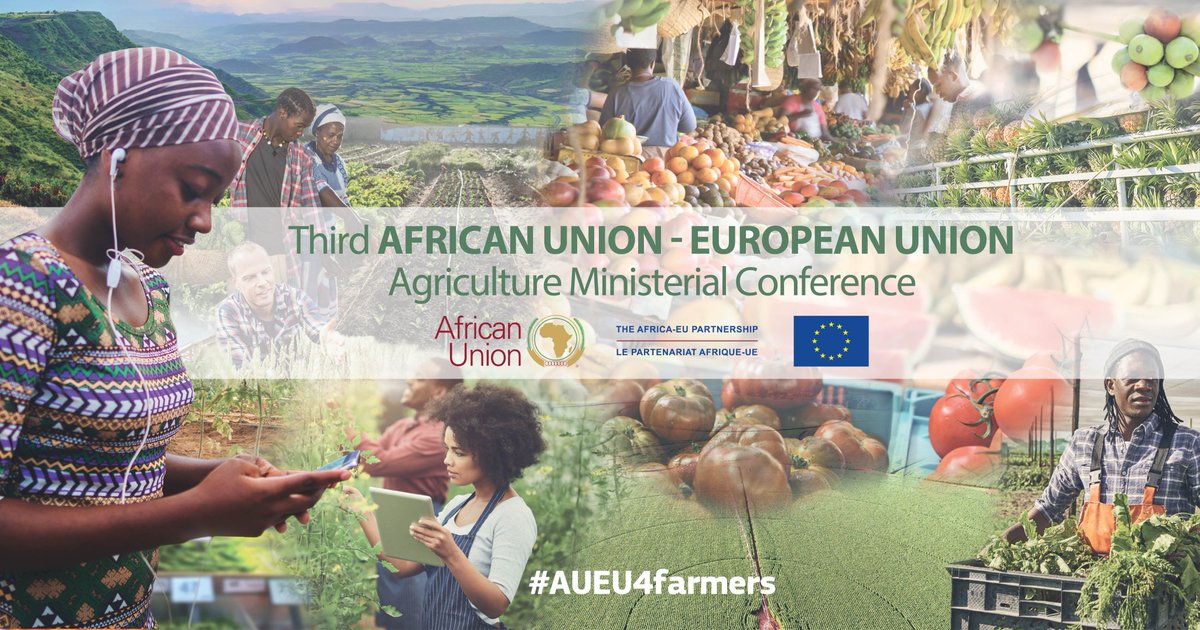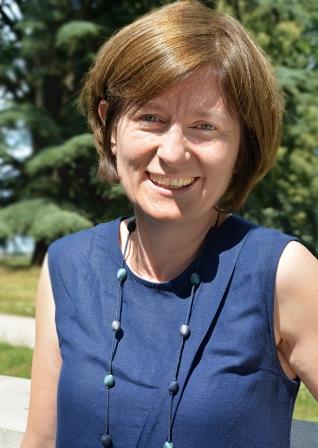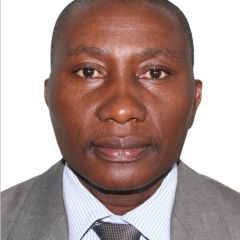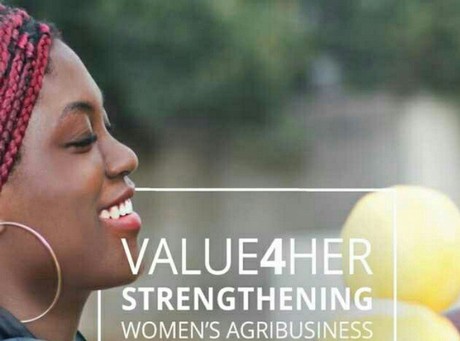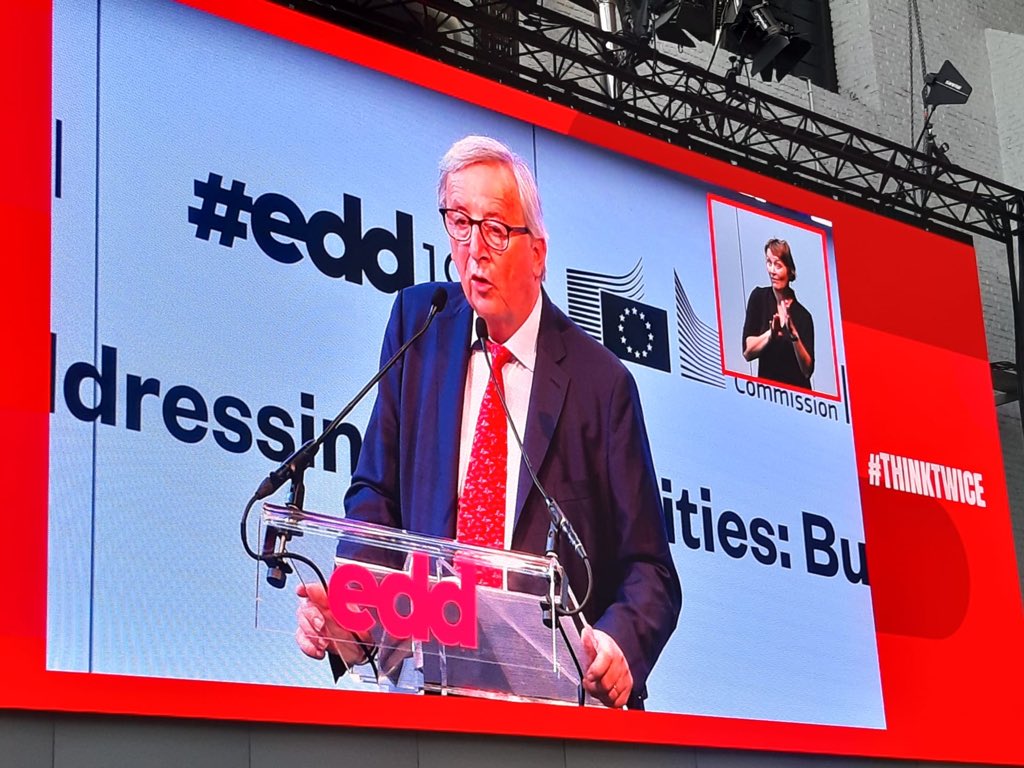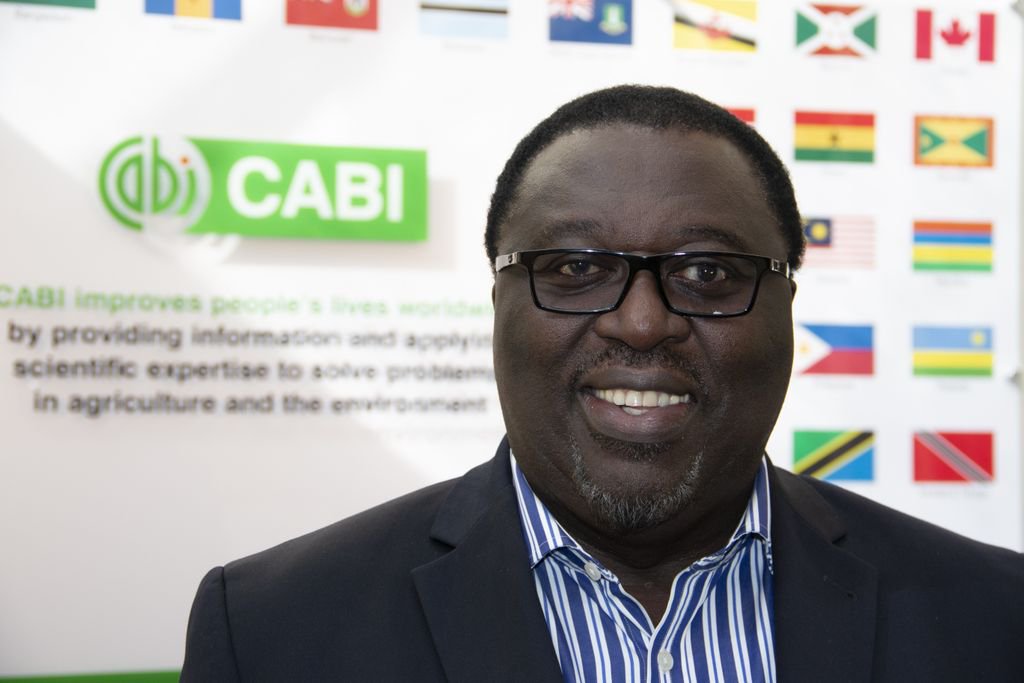20 June 2019. Cairo, Egypt. IFPRI Egypt - World Bank seminar| "Innovations for Agricultural Development in Egypt"
Organised in the framework of the Egypt Strategy Support Program of IFPRI in collaboration with ICARDA.
This seminar focused on innovation in agriculture in pursuit of sustainable development. It highlighted how digital technologies can be used to:
Digital technologies have significant potential to improve efficiency, equity, and environmental sustainability throughout the food system. They can: significantly reduce the costs of linking sellers and buyers; reduce inequalities in access to information, knowledge, technologies, and markets; help farmers make more precise decisions on resource management by providing, processing, and analyzing an increasing amount of data faster; and potentially reduce scale economies in agriculture, thereby making small-scale producers more competitive.
Speakers:
Panelists showcased practical solutions from Egypt and other countries, and discussed the investments and policies required to better link farmers to markets.
Organised in the framework of the Egypt Strategy Support Program of IFPRI in collaboration with ICARDA.
- raise the efficiency of the agricultural sector and improve extension services and
- help attain the strategic objectives of Egypt’s Vision 2030.
Digital technologies have significant potential to improve efficiency, equity, and environmental sustainability throughout the food system. They can: significantly reduce the costs of linking sellers and buyers; reduce inequalities in access to information, knowledge, technologies, and markets; help farmers make more precise decisions on resource management by providing, processing, and analyzing an increasing amount of data faster; and potentially reduce scale economies in agriculture, thereby making small-scale producers more competitive.
Speakers:
Panelists showcased practical solutions from Egypt and other countries, and discussed the investments and policies required to better link farmers to markets.
- Fatma El Zahraa Aglan Agricultural Specialist, The World Bank - See Slides
- Carlo Rossotto Lead Digital Development Specialist, The World Bank - See Slides
- Seif El Dine Seif El Nasr, Financial Analyst, Central Bank of Egypt
- David Spielman Senior Research Fellow, IFPRI - See Slides
- Dorra Fiani Managing Director, Knowledge Economy Foundation Egypt - See Slides
- Sahar Zayan, Agricultural Research Center (ARC) Egypt - See Slides
Video recordings:
=================================================
24 June 2019. Launch of “AgriRowad”: Egypt ‘s Agribusiness Entrepreneurship Digital Platform.
Objectives:
 Speakers:
Speakers:
Panel discussion moderated by Ms. Fatma Sirry CEO Enactus Egypt, with:
Eng. Hanan Elhadary, Head of Industrial Council for Technology and Innovation/ MOTI
Dr. Wafaa Haggag, Head of Agricultural and Biological Research Division/ NRC
Dr. Attwa Ahmed Attwa, Director Technology Marketing Center/ ARC
24 June 2019. Launch of “AgriRowad”: Egypt ‘s Agribusiness Entrepreneurship Digital Platform.
Objectives:
- Provide a forum for learning and training in order to foster users and practitioners’ capacity.
- Generating knowledge, networking to build the SMEs capacity to engage in evidence-based approach;
- Support different stakeholders in embedding business inclusion and value chain approach more strategically in their operations;
- Draw on the experience, knowledge, and resources of external partners to enable the AGRIROWAD to scale up its engagement in this area.
- To support agribusiness SMEs developing their business ideas through business model templates
- Develop a unified electronic application for funding Agribusiness SMEs
- Connect the agribusiness SMEs with key stakeholders in the Supply chains
- Connect different training services, connecting the needs of the agricultural labor market with training service providers.
 Speakers:
Speakers: - Importance of promoting entrepreneurs and start-ups in the agribusiness sector - H.E. Laurens Westhoff (see picture, left), Ambassador of the Kingdom of the Netherlands
- Linking agriculture research to business - Dr. Mohamed Soliman (see picture right), Chairman Agricultural Research Center /ARC
- Access to finance for agribusiness entrepreneurs and start-ups - Dr. Tamer Salah Gomaa (see picture middle), Vice Chairman Agriculture Bank of Egypt/ABE
- Presentation of AgriRowad, Egypt’s Agribusiness Entrepreneurship Platform - Ms. Dorra Fiani, Managing Director KSD/ Bashaier Networks
Panel discussion moderated by Ms. Fatma Sirry CEO Enactus Egypt, with:
Eng. Hanan Elhadary, Head of Industrial Council for Technology and Innovation/ MOTI
Dr. Wafaa Haggag, Head of Agricultural and Biological Research Division/ NRC
Dr. Attwa Ahmed Attwa, Director Technology Marketing Center/ ARC
Extract of the programme:
- Smaller unit for a larger economy: MSMEs and Egypt 2030 vision Prof. Dr. Zahra S. AHMED Dr.Ing Head of Food Technology Department
- National Food Safety Authority NFSA: Shaping the future of food industry - Prof. Dr. Hussein MANSOUR (see picture), Head of National Food Safety Authority (NFSA)
- Donor support to youth agribusiness: Right assumptions? Mr. Francois Stepman (see picture) Communication Specialist The International Center for Agricultural Research in the Dry Areas (ICARDA)

- Introducing Land O'Lakes in Egypt. Farmer to Farmer program, Food safety and quality (F2F) Land O'Lakes International development - Mr. Hosam HABIB Land O'Lakes Country Director
- Value added sustainable agriculture and agribusinesses; the opportunities to be captured - Prof. Dr. Ahmed HUZAYYIN (see picture) Cleantech Arabia and Chemonics Egypt







